Jbeil, also known as Byblos, is a historic coastal city in Lebanon that is not only rich in culture and heritage but also offers a diverse range of nature activities for outdoor enthusiasts. Abundant in natural beauty and scenic landscapes, the district of Jbeil is a dream come true for outdoor adventure seekers. The region boasts wonderful trails through verdant forests, offering visitors a chance to admire the wonders of nature. Many of the hiking trails in the area lead to impressive sites and landmarks. There are several reserves in the region that are worth exploring. Most offer trails that vary in difficulty, so whether you are hiking alone, with friends or family, you can find something that suits your abilities and energy levels.
Jaj Cedars Reserve
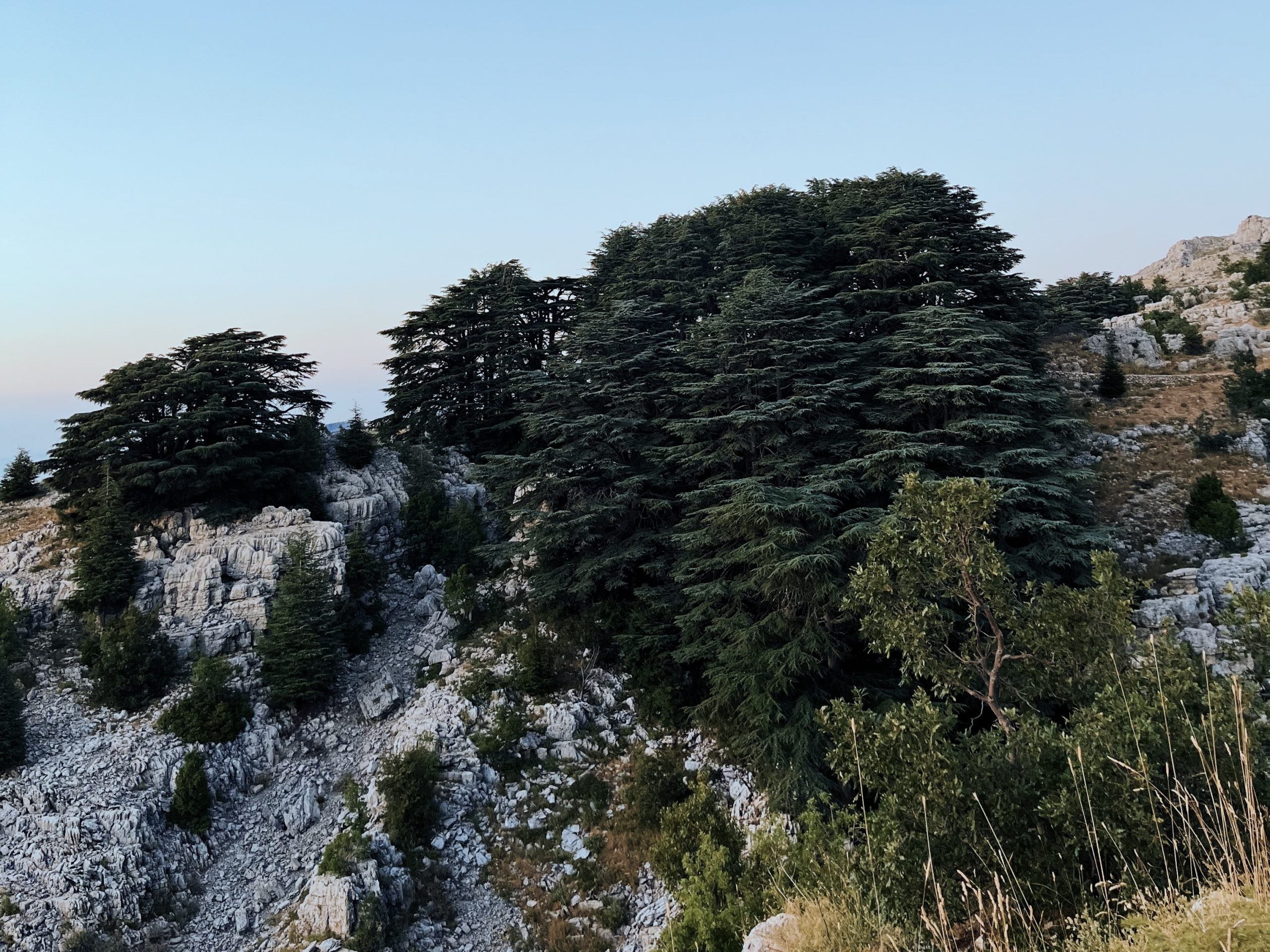
The Jaj Cedars Reserve (+961 9 725 600) is famous for its ancient cedars, which grow majestically on rocky hills at 1,800 meters above sea level. Kaykab (maple), Khawkh el Deb (bear plum) and Ghrayra (wild service-tree) are scattered throughout the region. According to historical records, the Phoenicians transported cedar logs down rivers to the port of Byblos for shipbuilding and exporting. A 6 km hiking trail provides visitors with a gorgeous view of the area, leading from the forest parking lot to the cedar grove and an old church, and then onto what is known as the “Sit El Kil,” mother of all cedars, the Roman caves and factory. For those seeking a more adventurous hiking experience and advanced mountaineering, the surrounding hills provide a panoramic 360-degree view.
Bentael Reserve
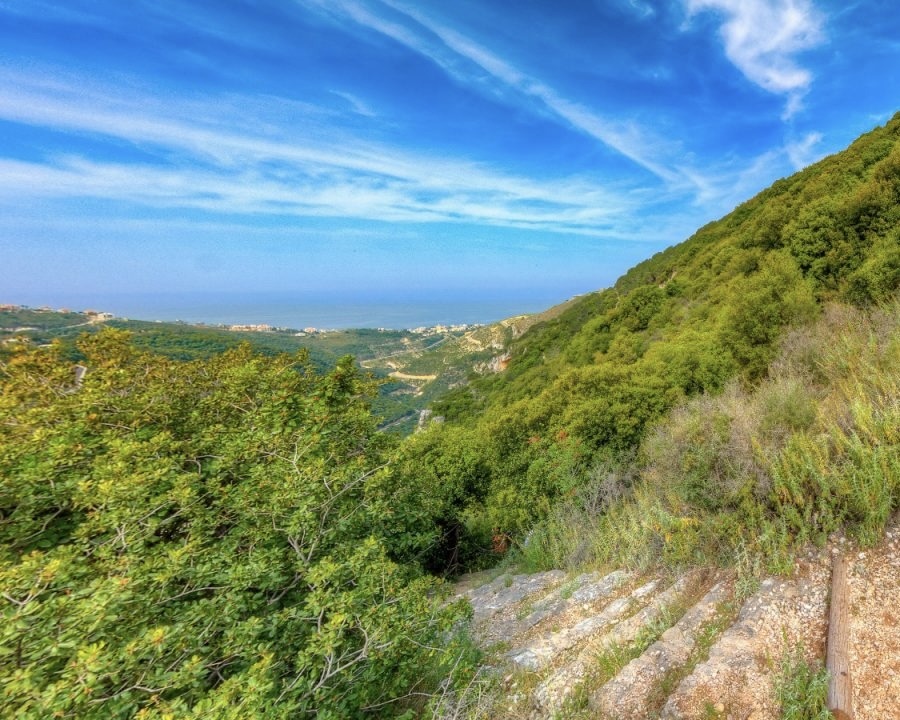
Bentael Nature Reserve (+961 3 838 982), an area of protected forest land, has marked hiking trails and a 12th-century hermitage and chapel. It covers two square kilometers and ranges from 300 to 850 meters above sea level. The reserve, which is equipped to serve persons with disabilities, has three entrances, with Belle Vue being the highest and the best to start a hike. The paths are narrow and steep, so proper hiking shoes and long trousers are recommended. As there are no restaurants, make sure you bring you bring food and water along with you.
Jabal Moussa Reserve
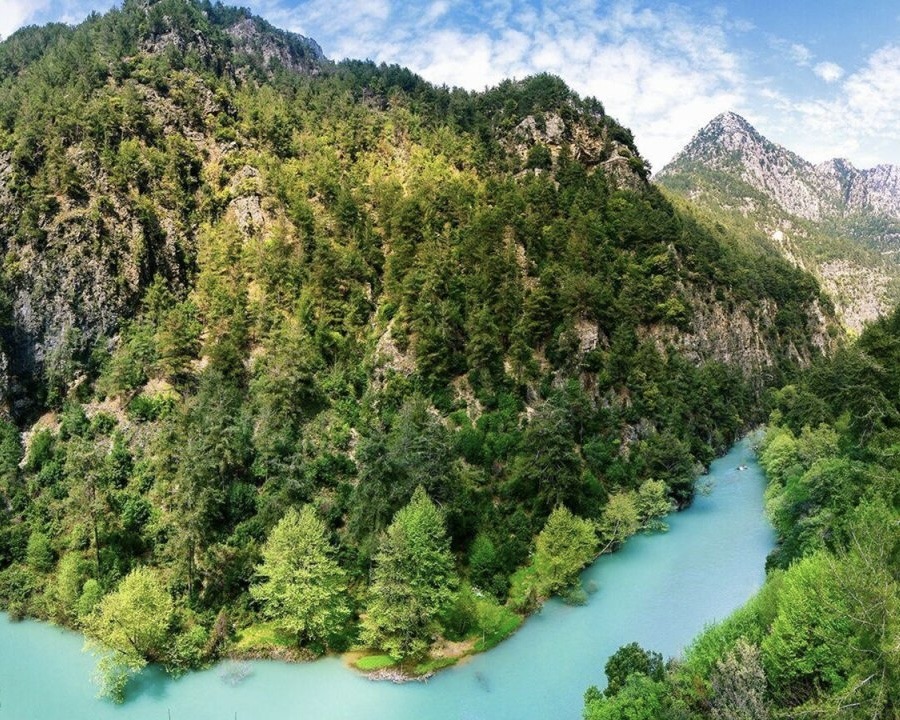
Recognized as a biosphere reserve, Jabal Moussa (+961 9 643 464 / +961 71 944 405) is a protected area in Lebanon. It spans 6,500 hectares, most of it in the Keserwan district and another section in the Jbeil district. It is home to diverse flora and fauna, including the endangered Lebanese cedar. The reserve offers hiking trails, camping and educational activities for visitors. It also plays an essential role in preserving Lebanon’s natural heritage while promoting sustainable development. A team of experts manages the reserve, ensuring a balance between human activities and environmental protection.
Ehmej Cedars Forest
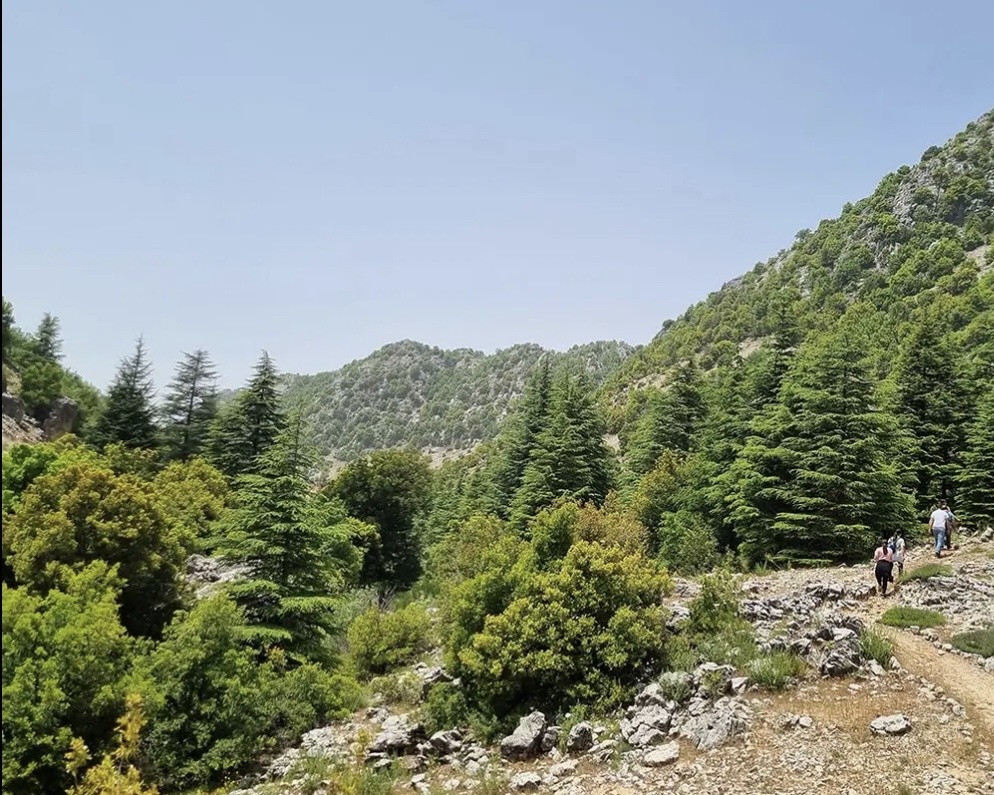
Ehmej Cedars Forest (+961 70 487 111) is a year-round destination located at the heart of the Jbeil highland, with an elevation ranging from 1,250 to 1,900 meters above sea level. The area is characterized by forests, making it a sanctuary for diverse flora and fauna, including rare endemic species such as Iris sofarana. Ehmej offers a variety of eco activities, including one or multi-day treks, camping, rock climbing and winter activities, namely snowshoeing, Nordic and backcountry skiing, alpine skiing and mountain biking.
Jbeil Marine Reserve
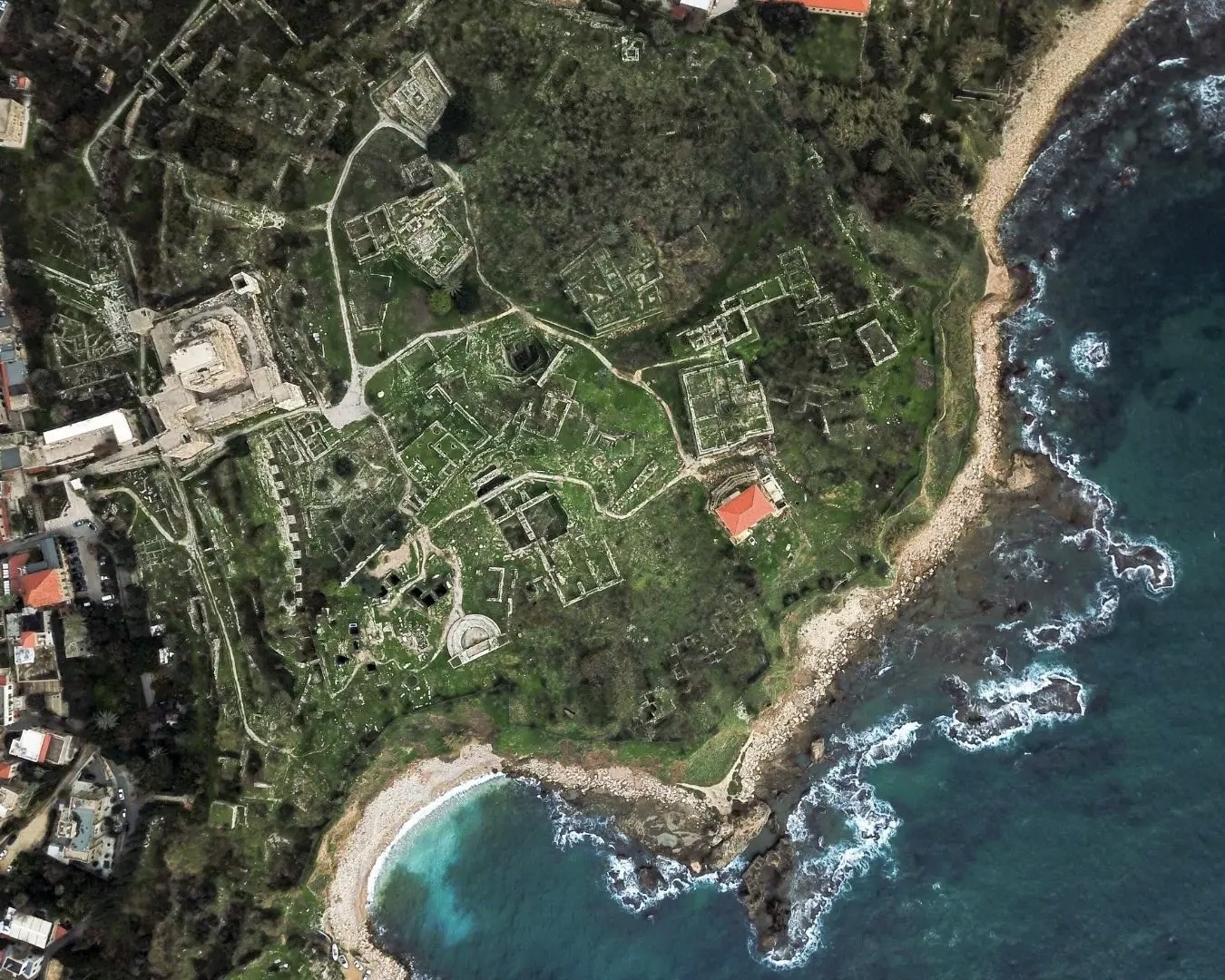
Jbeil Marine Reserve (+961 9 546 777) is sea reserve aimed at preserving marine wildlife. Located to the south of the old port, slightly downhill of the Byblos citadel, it measures around 50 hectares and contains unique biodiversity. The marine reserve is accessible to the public through the municipality.
————————————————————————————————————————————————————————————————–
If you enjoyed reading this check out our mini guide to Byblos.
Loading

